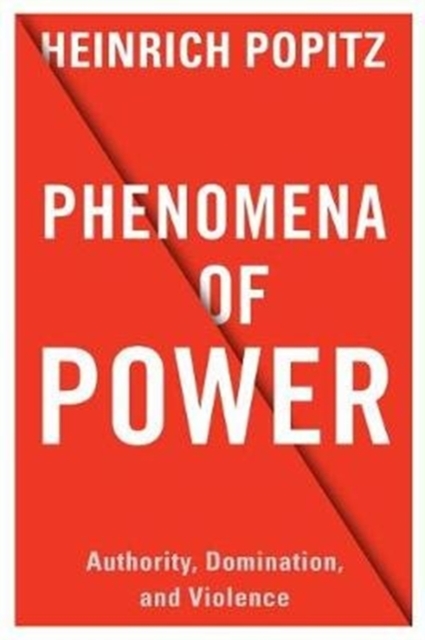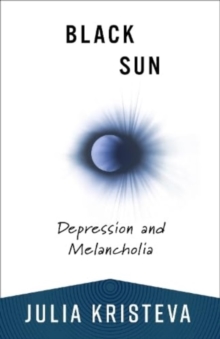
Phenomena of Power : Authority, Domination, and Violence Hardback
by Heinrich Popitz
Part of the European Perspectives: A Series in Social Thought and Cultural Criticism series
Hardback
Description
In Phenomena of Power, one of the leading figures of postwar German sociology reflects on the nature, and many forms of, power.
For Heinrich Popitz, power is rooted in the human condition and is therefore part of all social relations.
Drawing on philosophical anthropology, he identifies the elementary forms of power to provide detailed insight into how individuals gain and perpetuate control over others.
Instead of striving for a power-free society, Popitz argues, humanity should try to impose limits on power where possible and establish counterpower where necessary. Phenomena of Power delves into the sociohistorical manifestations of power and breaks through to its general structures.
Popitz distinguishes the forms of the enforcement of power as well as of its stabilization and institutionalization, clearly articulating how the mechanisms of power work and how to track them in the social world.
Philosophically trained, historically informed, and endowed with keen observation, Popitz uses examples ranging from the way passengers on a ship organize deck chairs to how prisoners of war share property to illustrate his theory. Long influential in German sociology, Phenomena of Power offers a challenging reworking of one of the essential concepts of the social sciences.
Information
-
Available to Order - This title is available to order, with delivery expected within 2 weeks
- Format:Hardback
- Pages:240 pages
- Publisher:Columbia University Press
- Publication Date:25/04/2017
- Category:
- ISBN:9780231175944
Information
-
Available to Order - This title is available to order, with delivery expected within 2 weeks
- Format:Hardback
- Pages:240 pages
- Publisher:Columbia University Press
- Publication Date:25/04/2017
- Category:
- ISBN:9780231175944










